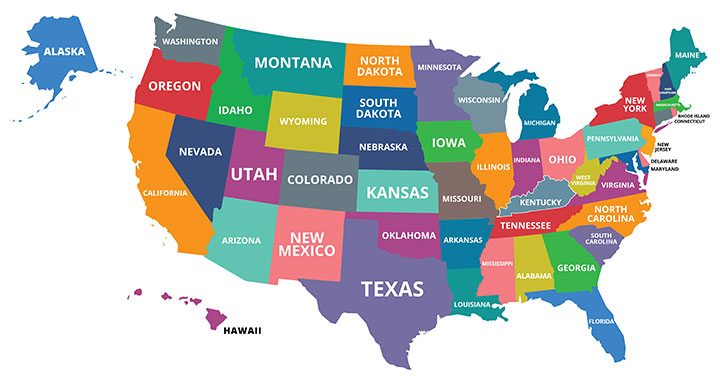State Legislative Proposals Related to Human Resources, Hiring Practices Could Have Negative Affect on CPA Firms
January 26, 2016

The American Institute of CPAs (AICPA) and state CPA societies are working together to advocate for exemptions to state and local measures that affect employee background checks or that require employers to adopt specific sick leave and scheduling policies.
Florida, Kentucky, Missouri, New Hampshire, New Jersey, South Carolina and Wyoming are all considering “Ban the Box” policies that would prohibit an employer from including a “check box” on an employment application asking potential employees about their criminal background. Several states are also looking at legislation that would dismiss certain non-violent offenses from criminal records after a waiting period. Some proposals specifically list fraud, forgery, giving money to legislators and theft by extortion as crimes that can be expunged from one’s criminal record.
These approaches pose unique challenges for CPAs and CPA firms, where trust, confidentiality and the handling of sensitive materials are cornerstones of the CPA-client relationship. While the goal of these efforts is to give reformed ex-offenders a chance to demonstrate their qualifications without discrimination for past mistakes, CPAs and CPA firms need to be aware of past criminal records – particularly those involving financial crimes. As such, the AICPA has developed sample exemption language and is working with state CPA societies to ensure that these types of proposals exclude financial crimes and the CPA profession.
Additionally, legislators in Missouri, New York, Vermont, Virginia and the District of Columbia have filed bills related to other human resources issues (such as paid leave), and many local governments nationwide are also passing ordinances that require employers to enact very specific sick leave policies or to set employee schedules several weeks in advance. A proposal in Minneapolis that ultimately failed, for example, would have required employers to notify employees of work hours at least 28 days out.
Unfortunately, these "one size fits all" proposals don’t take into account businesses with unpredictable customer demand, and rarely provide exemptions for salaried employees. CPAs and CPA firms need to be able to serve their clients without having to worry about local policies that inappropriately punish employers for being flexible.
The AICPA State Regulation and Legislation Team, working in conjunction with state CPA societies and other profession advocates, has developed a resource page with more information on these types of proposals and explaining why they are bad for the profession and how the profession can help advocate for targeted exemptions.
For more information on these and other policy trends, visit the State Regulation and Legislation Team website and follow the team on Twitter @AICPAState.
